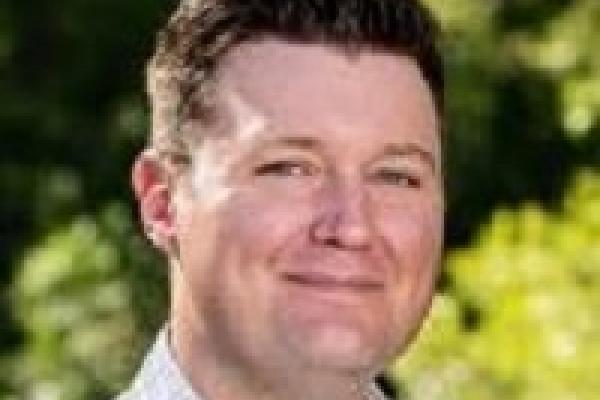
Thu, February 27, 2020
All Day
209 W Eighteenth Ave (EA), Room 170
Title
Improved meteorological drought indices in a non-stationary climate using Bayesian penalized splines
Speaker
Jim Stagge, Department of Civil, Environmental, and Geodetic Engineerg, The Ohio State University
Abstract
The Standardized Precipitation Index (SPI) is recommended by the World Meteorological Organization and the US Drought Monitor to measure meteorological drought operationally. This normalized drought index transforms monthly accumulated precipitation to the standard normal distribution, typically by fitting a series of 2-parameter gamma distributions at each time step (monthly or daily). In its current form, the SPI suffers from a number of statistical limitations, namely that:
1. it ignores the inherent temporal correlation between univariate distributions, producing noisy parameter estimates,
2. it estimates zero precipitation likelihood empirically, ignoring uncertainty,
3. and it struggles with climate non-stationarity, either relying on quasi-stationary 30-year reference periods or avoiding underlying trends to fit the entire time series.
To address each of these limitations, a new Bayesian approach to SPI normalization using penalized splines will be presented. This talk will outline how the proposed models are designed and contrast the performance of this new approach with existing SPI methods. The model comparison will use both pre-determined synthetic precipitation series and real-world precipitation data for Columbus, OH. Using the Columbus series, Dr. Stagge will detail how the model captures changes in higher order moments seasonally and across 600 years, from the distant past (1500 AD) to the projected future (2100 AD) by combining tree-ring based reconstructions, reanalysis data, instrumental observations, and CMIP6 climate projections. Using these results, Dr. Stagge will demonstrate how the proposed model addresses each of the current limitations of the SPI, while also allowing for future hypothesis testing around the influence of climate change on drought.
Note: Seminars are free and open to the public. Reception will be held in Cockins Hall 212 from 2:30 to 3:00 PM this week only.
